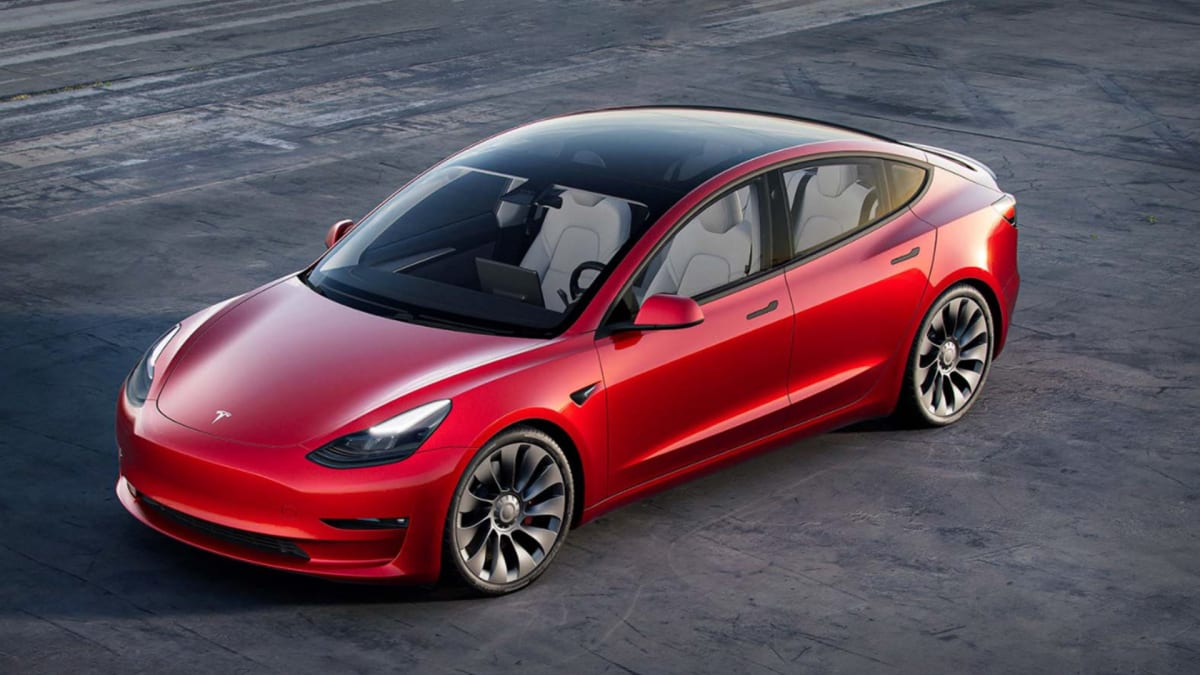
Twitter cost Elon Musk dearly.
The serial entrepreneur paid $44 billion to take control of the social network on October 27.
The platform is seen by Musk as the town square of our time, a place where trendsetters, decision makers and influencers meet. Musk is all that.
It is also often on the social network that topics that will dominate conversations and news start. Musk is sometimes one of those who provoke debate. Last October, for example, he proposed a peace plan to end the Russian war in Ukraine.
The plan sparked heated debates on social media with the involvement of various stakeholders, including Ukrainian President Volodymyr Zelensky. Ukraine's allies were also forced to react.
In November, Musk also popularized opposition to the 30% fee that Apple applies to in-app sales and purchases by launching a public attack on Twitter against the iPhone maker. Apple managed to quell the controversy by arranging a meeting between Musk and CEO Tim Cook.
Musk Sold at Least $30 Billion Worth of Tesla Shares
These two examples show how important Twitter is to Musk. The platform has allowed the serial entrepreneur to increase his influence and power. It helped him to become a global CEO and to fill the leadership void currently existing on the world stage. Musk currently has almost 128 million Twitter followers. Any criticism against him is denounced by his millions of fans who see in him the innovator of our time.
The billionaire is so attached to Twitter that he decided to personally acquire the platform by launching a takeover bid on April 25 after acquiring a 9% stake in the company.
The problem is that this deal had to be financed. With no liquid assets, Musk had no choice but to sell Tesla stock. He therefore sold at least $30 billion worth of Tesla stock last year to fund the $44 billion acquisition of Twitter.
Specifically, he sold about $8.5 billion in Tesla shares in April and $6.9 billion in August, according to regulatory filings. In November, he sold an additional $3.95 billion worth of Tesla stock, and $3.6 billion worth of shares in December.
His stake in Tesla has thus decreased and now stands at around 13%, according to Bloomberg.
The billionaire seems to blame himself for having sold these Tesla shares. This is what he just said in a thread on Twitter. In that conversation, a Tesla fan user pointed out to him that he still couldn't believe Musk had taken over Twitter. While admitting he himself couldn't believe it, the tech mogul added that it's too bad it came at Tesla's expense.
"Haha I still can’t believe Elon bought Twitter," the user posted on Feb.3.
"Me neither," Musk responded.
And a few minutes later, he made this admission.
'Sucks That I Had to Sell So Much Tesla Stock'
"Sucks that I had to sell so much Tesla stock to do so (sigh)," Musk added.
The user then made a suggestion to him, which Musk did not respond to.
"Maybe you can buy some $TSLA when you re-IPO Twitter, for symbolic purposes," the Twitter user suggested.
The billionaire promised, during a conversation on Twitter Spaces on December 22, that he will not sell any more Tesla shares until 2025.
"I won't sell stock until -- I don't know -- probably two years from now, definitely not next year under any circumstances, and probably not the year thereafter."
This last promise had been made in the context of the stock market rout of Tesla, whose shares lost 65% of their value last year. Influential retail investors like Ross Gerber were quick to publicly criticize Musk. They felt that Tesla had been one of the collateral damages of this acquisition.
"Elon has now erased $600 bil of tesla wealth and still nothing from the Tesla BOD. It’s wholly unacceptable," lamented individual shareholder Ross Gerber on December 16.
Dan Ives, star analyst at Wedbush and a Tesla bull, had indicated at the end of December that Musk, considered "the heart and lung of Tesla and vice versa," had to stop selling Tesla shares to reverse the negative dynamic in which the automaker found itself on the stock market.
Ives had listed nine other actions needed, including a share buyback program.







